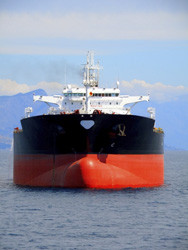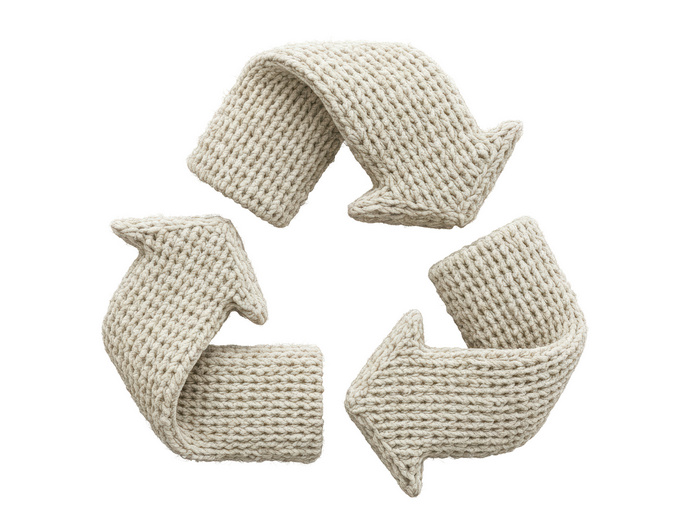New ways to prevent marine fouling
Marine surfaces like the hulls of ships make ideal homes for bacteria, algae and small invertebrates, and their growth there is known as biofouling. The phenomenon has an estimated global cost of up to USD 260 billion due to increased fuel consumption. The EU-funded 'Surface engineering for antifouling - Coordinated advanced training' (SEACOAT)(opens in new window) project addressed the problem through training and research into novel anti-fouling coatings and new techniques to evaluate them. Twenty-one PhD and postdoctoral researchers received training in surface engineering, surface analytics and biofouling through courses, workshops and projects. Participating researchers then applied their training to test new anti-fouling coatings, using novel imaging techniques developed during the project. Notable coatings developed include one that can be electronically switched from an attractive to a repellent state, and several advanced polymers. Polymers with protein resistance and anti-adhesive properties were also advanced, showing promise as anti-fouling coatings. Other work involved developing new imaging techniques and bioassays for testing anti-fouling methods. Finally, researchers showed that a surface texture based on dolphin skin could decrease biofouling. The SEACOAT findings are expected to lead to more environmentally friendly anti-fouling coatings, and to a more sustainable marine sector.







